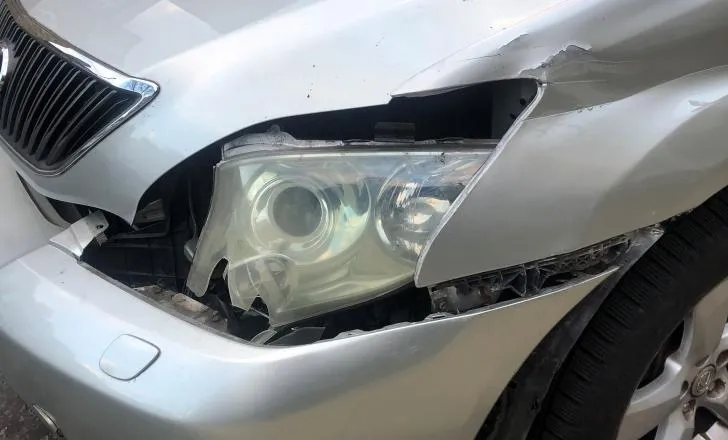The report by the ETSC says that employers, national governments and the European Union must boost efforts to tackle the problem of work-related road risk. In 2016, 25,671 lives were lost on the road in the European Union, according to new analysis of EU road safety data. A large proportion of those were victims of work-related road collisions. The exact number is unknown but, based on detailed analysis of data from across Europe, the authors estimate that up to 40% of all road deaths are work-related.
Antonio Avenoso is executive director of ETSC and said, “While there are some great examples of large and small organisations across Europe starting to take road safety seriously, there are thousands more that turn a blind eye to the risks their employees take every day on the roads.”
“Many companies also wrongly see road risk management as a burden rather than an opportunity. But reducing risks through journey management, targeted training and purchasing safer vehicles can cut insurance costs, lead to less time off and boost a company’s image. While employers need to do more, our report also shows that they need help and support from national governments and the EU to do it.”
Improved data collection is a crucial first step to tackling work-related deaths. Police forces in the majority of EU countries do not currently register the purpose of the journey when recording the details of traffic collisions. There is also no standardised EU definition of a work-related road death. This leads to an underestimation of the scale of the problem.
The report authors also say that government and public authorities should lead by example and adopt work-related road safety management programmes for their employees and their fleets and include vehicle safety in public procurement requirements.
Work related crashes are a major factor in the EU
Work-related crashes account for up to 40% of road deaths in Europe. This is the finding of research by the European Transport Safety Council (ETSC). The findings come as safety gains on Europe’s roads have hit a plateau. According to the ETSC, employers could be essential to tackling road risks and improving safety overall. The report by the ETSC says that employers, national governments and the European Union must boost efforts to tackle the problem of work-related road risk. In 2016, 25,671 lives were lo
June 20, 2017
Read time: 2 mins
Work-related crashes account for up to 40% of road deaths in Europe. This is the finding of research by the 1197 European Transport Safety Council (ETSC). The findings come as safety gains on Europe’s roads have hit a plateau. According to the ETSC, employers could be essential to tackling road risks and improving safety overall.








